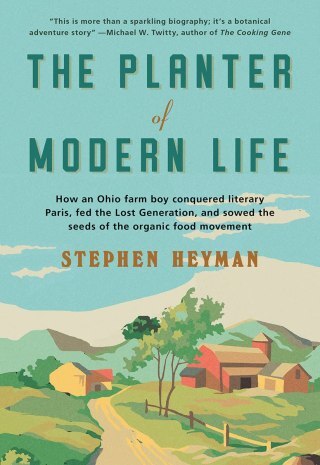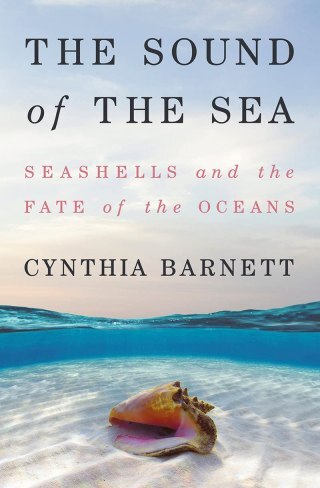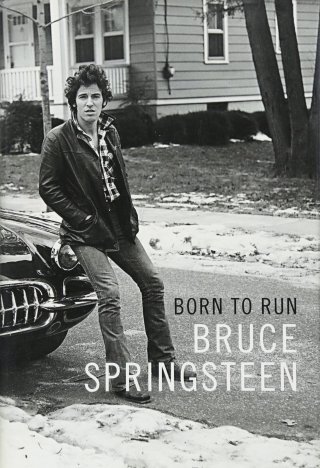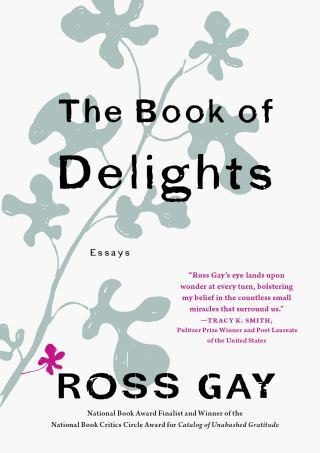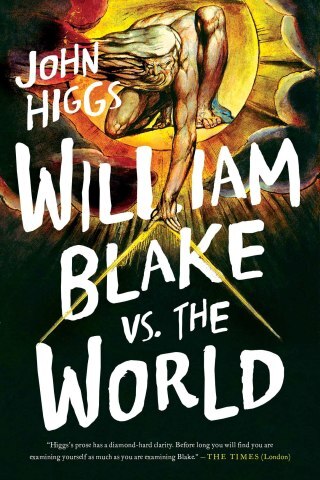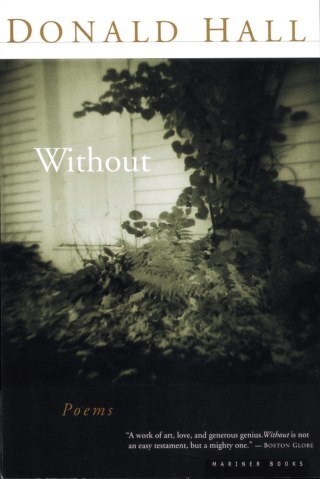Maria Popova's Blog, page 64
July 24, 2022
The Planter of Modern Life: How a Forgotten Visionary Pioneered Permaculture and Revolutionized Our Relationship with the Land
“We forget that nature itself is one vast miracle transcending the reality of night and nothingness,” Loren Eiseley wrote in his exquisite 1960 meditation on nature, human nature, and the meaning of life. “We forget that each one of us in his personal life repeats that miracle.” Six years earlier, Rachel Carson had invited a...
July 23, 2022
The Unphotographable #1: A Desert Sunset in the American Southwest
Sometimes, a painting in words is worth a thousand pictures. I think about this more and more, in our compulsively visual culture, which increasingly reduces what we think and feel and see — who and what we are — to what can be photographed. I think of Susan Sontag, who called it “aesthetic consumerism” half a century before Instagram. In a small act of resistance, I offer The Unphotographable — a new weekly series of pictures in words drawn from centuries of literature: passages transcend...
July 22, 2022
To the Young Who Want to Die: Roxane Gay Reads Gwendolyn Brooks’s Lifeline of a Poem
“There is but one truly serious philosophical problem, and that is suicide,” Albert Camus wrote in one of the most provocative opening sentences in all of literature, unspooling into one of the most daring works of philosophy. “Judging whether life is or is not worth living amounts to answering the fundamental question of philosophy. All the rest — whether or not the world has three dimension...
July 21, 2022
Seashells and the Spiral of Wonder at the Intersection of Art and Science
“To lay the logarithmic spiral on / sea-shell and leaf alike, and see it fit,” Howard Nemerov wrote in an exqusite poem, “the same necessity / ciphered in forms diverse and otherwise / without kinship — that is the beautiful / in Nature as in art.”
Sea-shells encode not only the fundaments of beauty but the logarithmic spiral of...
July 20, 2022
Bruce Springsteen on Surviving Depression and His Strategy for Living Through the Visitations of the Darkness
It starts with a low hum that adheres itself to the underbelly of the hours like another dimension. Gradually, surreptitiously, the noise swells to a bellowing bass line, until it drowns out the symphony of life.
It can last for days or months or entire seasons of being. It visited Keats frequently in his short life, leaving him with a mind empty of ideas and hands heavy as lead. It rendere...
July 19, 2022
Cloud Chambers and Cosmic Rays: The Quest to Unravel One of the Most Dazzling Mysteries of the Universe
In the final year of his twenties, the Austrian physicist Victor Franz Hess (June 24, 1883–December 17, 1964) climbed into the basket of a balloon, carefully stationed the exquisitely precise new electroscopes he had built himself, and ascended into the sky to probe a mystery that had long puzzled scientists: the presence of ionizing radiation and electricity in the air. Hess flew day and night into the moody skies, through icy sunshine and black storms —...
July 17, 2022
Carrots and the Roots of Kindness, from Leo and Sophia Tolstoy to Ross Gay
In the bleak Russian winter of 1902, Sofia Tolstoy filled her diary with anxieties about her husband’s health — “palpitations, difficulty in breathing, insomnia, general misery” — and his refusal to follow the protein-rich diet of fish and chicken his doctor had prescribed. Tolstoy refused to eat anything but vegetables. A decade earlier, in his incremental conquest of kindness — something he hadn’t always extended to his own wife ...
Carrots and the Roots of Kindness
In the bleak Russian winter of 1902, Sofia Tolstoy filled her diary with anxieties about her husband’s health — “palpitations, difficulty in breathing, insomnia, general misery” — and his refusal to follow the protein-rich diet of fish and chicken his doctor had prescribed. Tolstoy refused to eat anything but vegetables. A decade earlier, in his incremental conquest of kindness — something he hadn’t always extended to his own wife ...
July 16, 2022
What We Keep in Loss: William Blake’s Stirring Letter to a Bereaved Father
“Each that we lose takes part of us / a crescent still abides, / which like the moon, some turbid night, / is summoned by the tides,” Emily Dickinson wrote as she reckoned with loss after her mother’s death a century and a half before neuroscience illuminated that abiding crescent as a synaptic reality engrained in the brain’s model of the world.
As the poet Meghan O’Rourke wrote in her own stunning...
July 13, 2022
The Third Thing: Poet Donald Hall on the Secret to Lasting Love
“The encounter between two differences is an event,” French philosopher Alain Badiou wrote in his tremendous treatise on why we fall and how we stay in love. “On the basis of this event, love can start and flourish. It is the first, absolutely essential point.”
And yet at the heart of this essential event is often someth...

